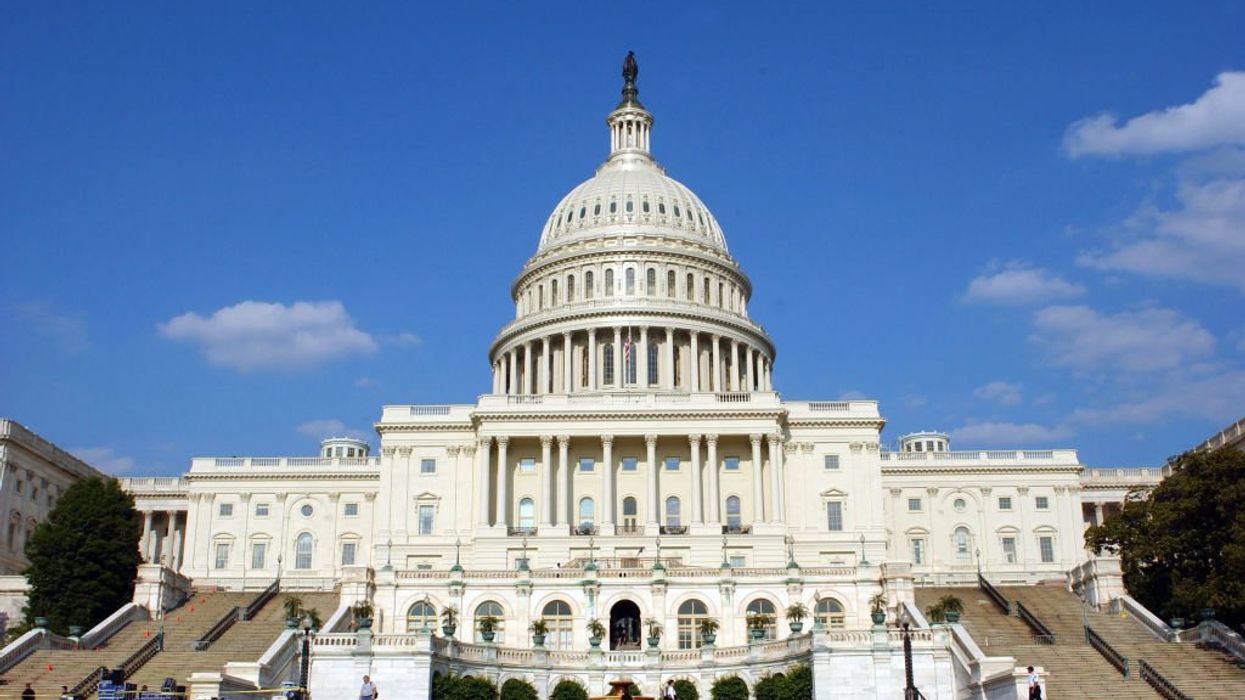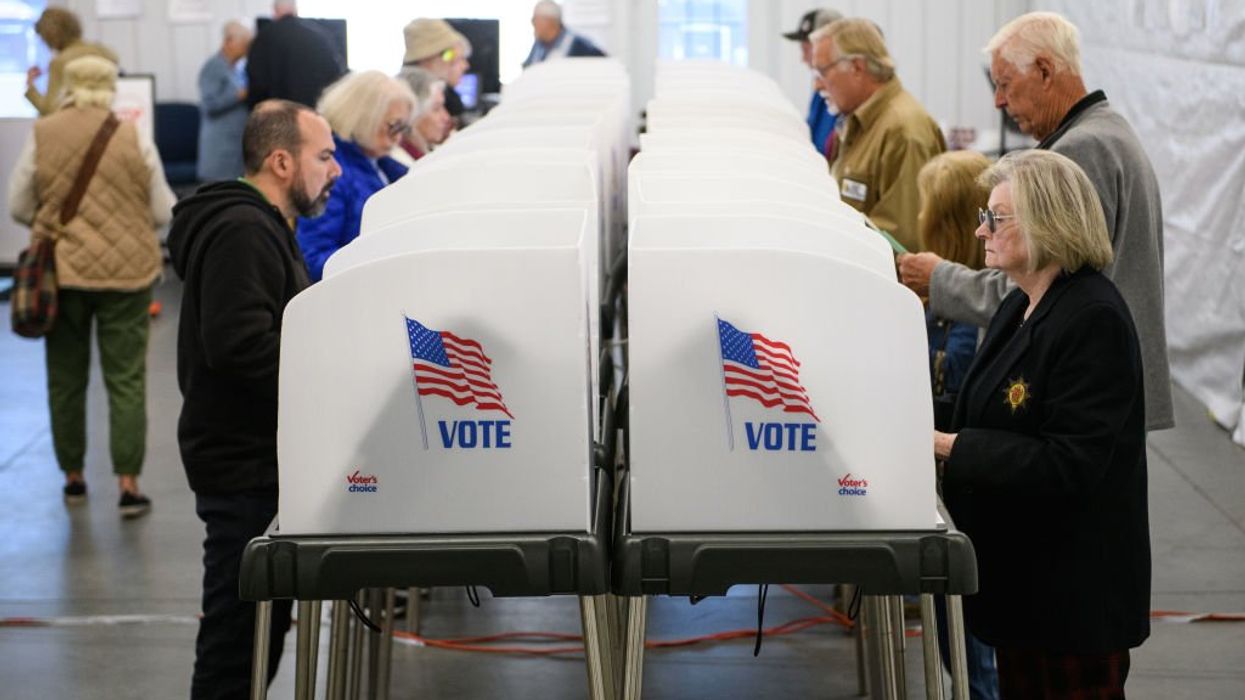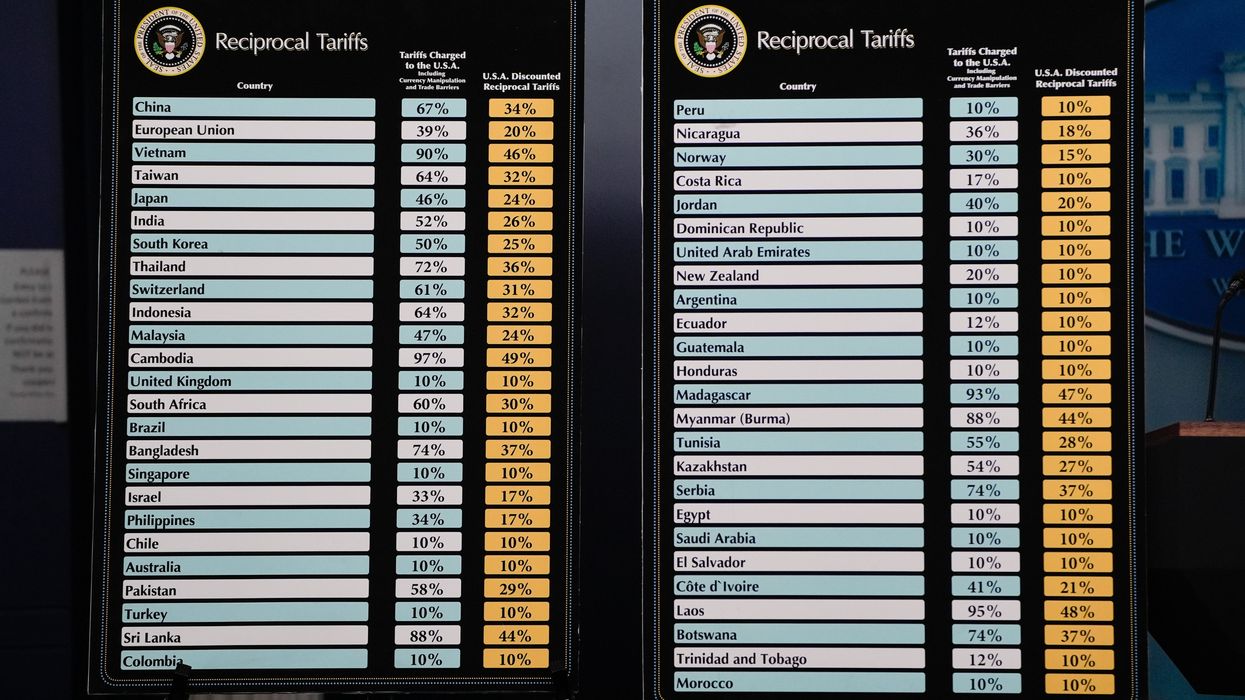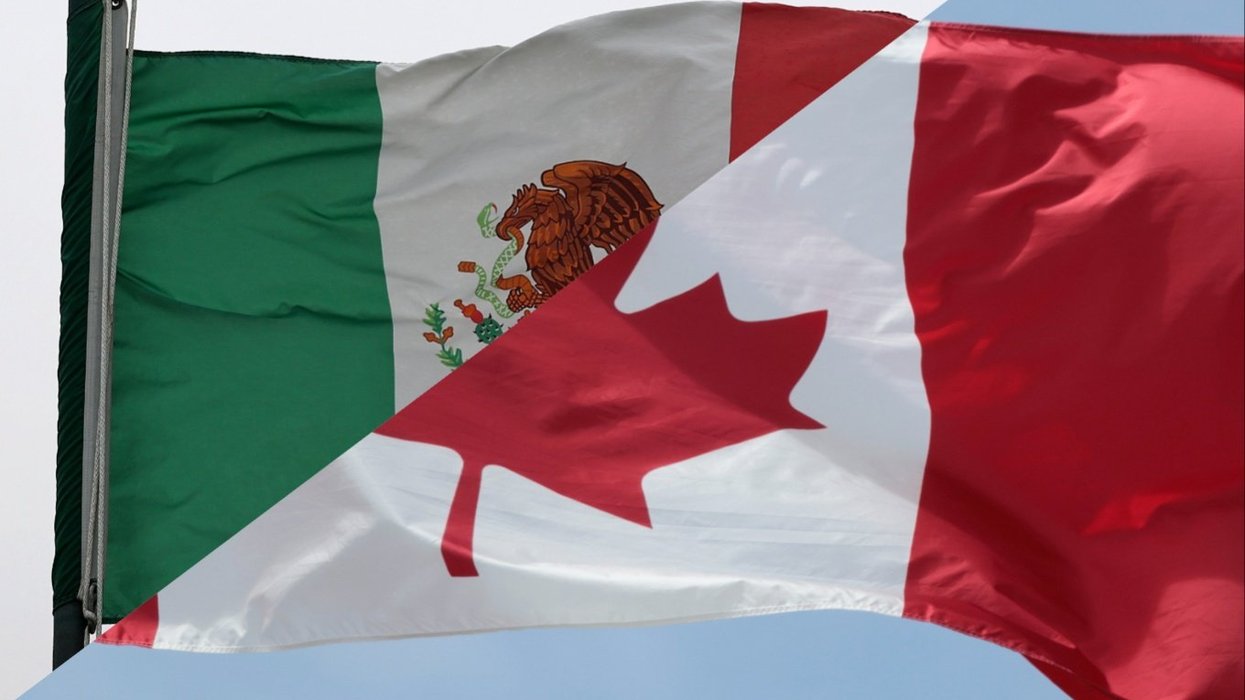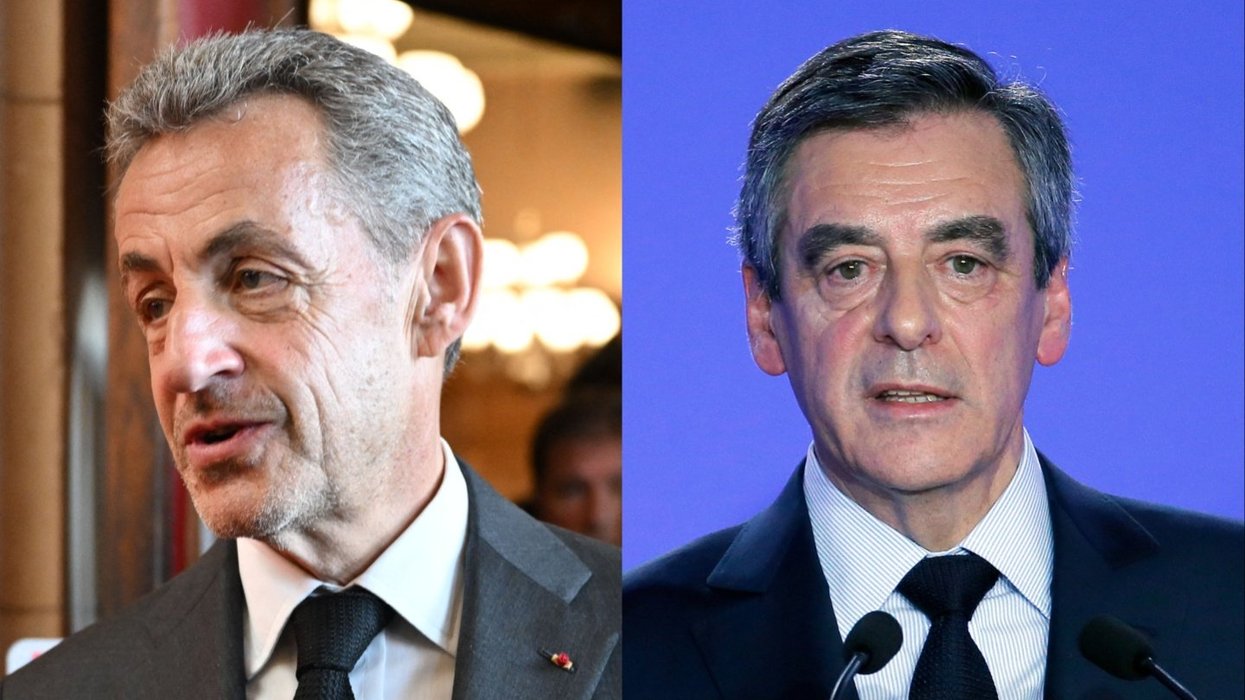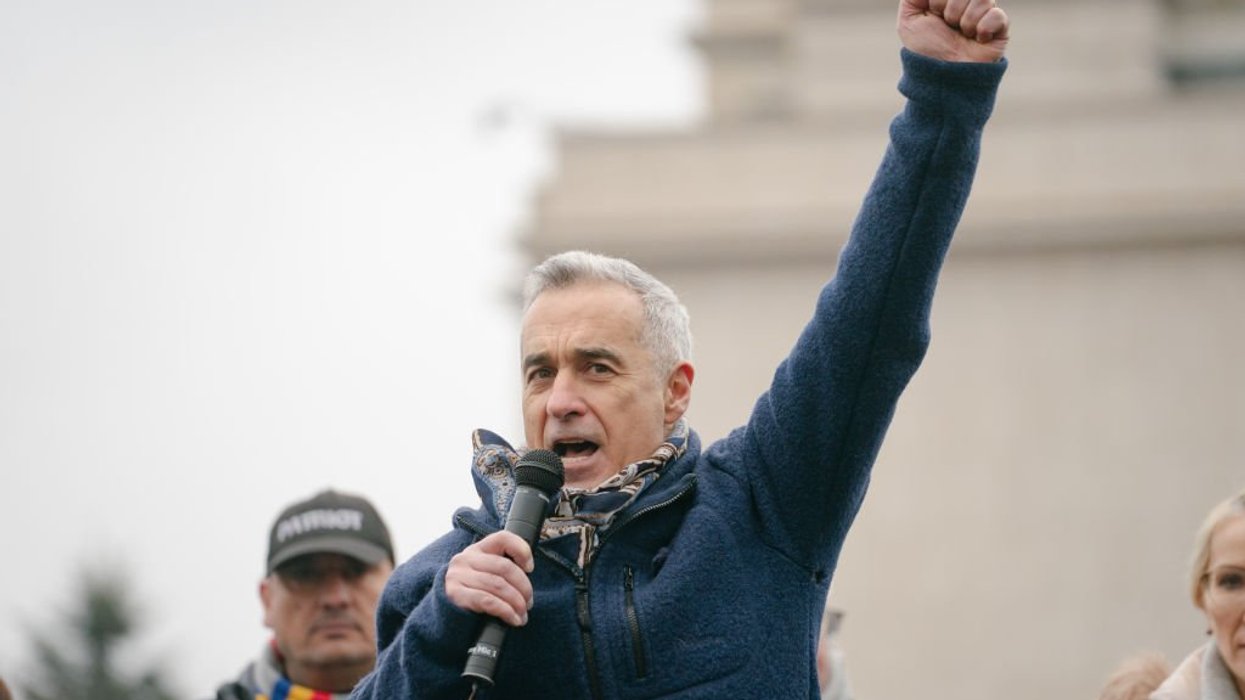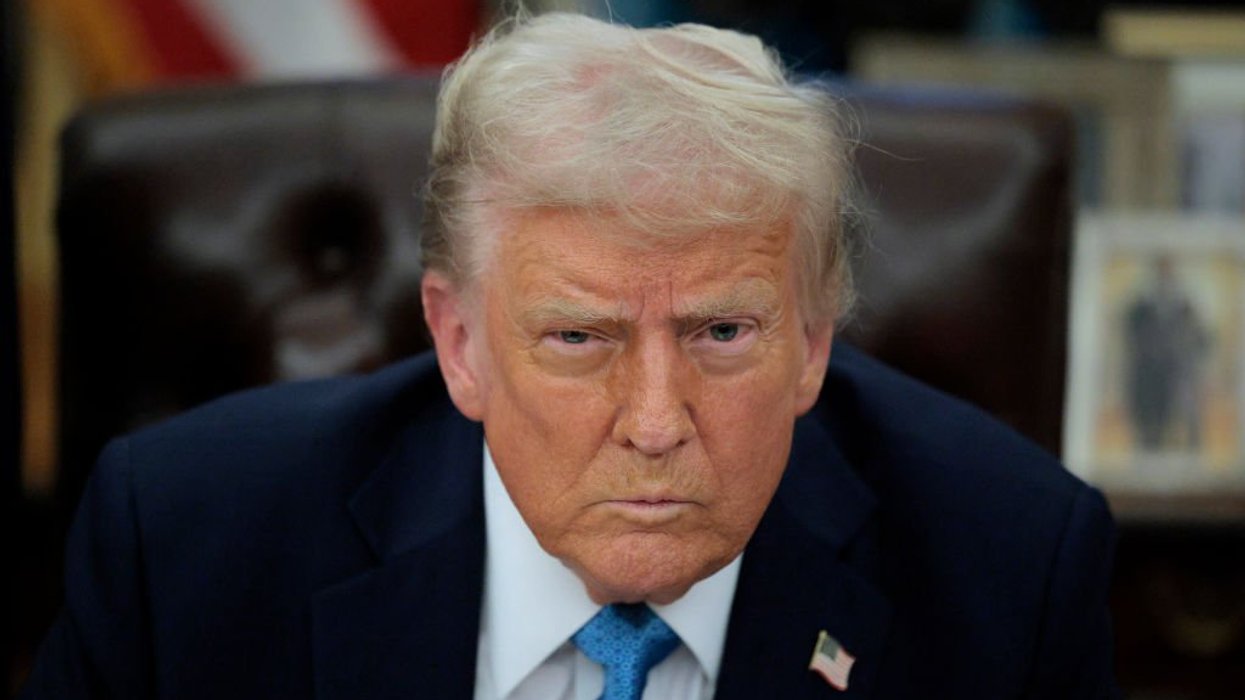With much of the nation spending a lot more time at home for the foreseeable future due to Covid-19, you and your family may have a little more reading time on your hands in the coming weeks. If you love little-known stories from U.S. history, you can't go wrong with Glenn's book Miracles and Massacres, and its follow-up Dreamers and Deceivers.
Since Glenn's audience is full of history buffs and nonfiction nerds like myself, I thought I'd share a list of ten of my favorite nonfiction books in case you're looking for a good read during this coronavirus hiatus.
For this list, I limited selections to subjects involving U.S. history and culture. I'm partial to U.S. presidential history, so my entire list could easily be dominated by presidents, but I tried to include somewhat of a historical mix in hopes you might find something that piques your interest. Feel free to tweet us (@glennbeck) your favorite nonfiction books too, using the hashtag #GBnonfiction.
Here are ten of my nonfiction favorites…
10. Wilson by A. Scott Berg

Amazon
If you've been listening to Glenn for almost any length of time, you're familiar with his marked loathing for America's 28th president. I'm no fan of Wilson either, but this well-researched book is worth your time as a primer on the roots of progressivism. It will help you understand Glenn's animosity toward Wilson in glorious detail.
9. Walt Disney: The Triumph of the American Imagination by Neal Gabler

Amazon
There are many biographies of the man behind the world's largest entertainment empire, but this one may be the most in-depth. Walt Disney liked to say, "it was all started by a mouse," but there was a ton of hard work and heartbreak before Mickey. Gabler leaves no stone unturned in his quest to paint a complete portrait of Walt – a complicated creative genius and visionary.
8. The Preacher and the Presidents: Billy Graham in the White House by Nancy Gibbs and Michael Duffy

Amazon
One thing that every U.S. president from Dwight Eisenhower to George W. Bush had in common was friendship with evangelist Billy Graham. This book deftly explores the positives and the perils of Graham's half-century of proximity to such power. The presidents who were closest to Graham may surprise you.
7. Steve Jobs by Walter Isaacson

Amazon
There are also a lot of books about Steve Jobs, but Isaacson had the best access to Jobs at the end of Jobs' life. Jobs hand-picked Isaacson to write his biography. It was almost like Jobs was trying to assert the same control-freakiness over his own life story that he applied to Apple's iconic products, although he had no editorial control over the book and apparently never read any of it. Ultimately, despite the special access and potential temptation to go easy on his subject, Isaacson delivers the Steve Jobs story warts and all (and there are a lot of warts).
6. The Franchise: A History of Sports Illustrated Magazine by Michael MacCambridge

Amazon
This is kind of an outlier on this list because it involves a plethora of things – sports, journalism, advertising, ambition, ego and much more – told through the lens of the history of Sports Illustrated magazine. MacCambridge takes you on a journey through a bygone era of smoke-filled rooms and chattering typewriters when magazines were a big deal. Expertly told and relentlessly entertaining.
5. The Bully Pulpit by Doris Kearns Goodwin

Amazon
This one surprised me because its subtitle – Theodore Roosevelt, William Howard Taft, and the Golden Age of Journalism – made me skeptical that it was too much of a scattered premise. I was wrong. It totally works. It's an engrossing story about the close friendship between Roosevelt and Taft (who was so much more than the unfair stuck-in-a-bathtub-fat-president label he's been dealt) which politics nearly destroyed. Intertwined with the Roosevelt/Taft narrative are the stories of America's first celebrity journalists, including Ida Tarbell and Lincoln Steffens. Another apt subtitle could've been The Birth of Left-wing Media.
4. Devil in the White City by Erik Larson

Amazon
This is a bone-chilling true story about a serial killer during the 1893 World's Fair in Chicago. But it's also a riveting story about the men who designed and built the fairground (a sort of late-1800s EPCOT), which included amazing architectural feats that would still be wowing visitors today if fire hadn't destroyed them. Larson's intertwined narratives weave a compelling tale about a crucial turning point in U.S. history that marked the end of America's innocence.
3. Up from Slavery by Booker T. Washington

This is the only autobiography on the list (autobiographies probably deserve their own list sometime), but it merits inclusion because Washington's life story is one of the most phenomenal success stories in American history. It's criminal that this isn't required reading in every U.S. school, but the unfortunate reality is that Booker T. Washington's words and worldview clash hard with the modern Leftist agenda. In case you have a healthy skepticism of autobiographies as history, a good companion book is the Washington biography Up From History by Robert J. Norrell.
2. Manhunt: The 12-Day Chase for Lincoln's Killer by James Swanson

You know you're reading a great book when you already know the ending, but it's a thrilling ride anyway. That's Manhunt. Swanson puts you in the saddle with the Union cavalry and detectives in their desperate, white-knuckle search through the Virginia countryside for fugitive John Wilkes Booth in the days after he murdered President Lincoln. If you think you already know the story of Lincoln's assassination, trust me, there's a whole lot more. Manhunt is awesome reading.
1. Unbroken: A World War II Story of Survival, Resilience, and Redemption by Laura Hillenbrand

Amazon
If you were expecting something a bit more obscure for the number one slot, sorry. I know Unbroken was a gargantuan bestseller a few years ago. But it was a gargantuan bestseller for a reason: it's that good. Much of Unbroken reads like a novel – in the best sense. It's the harrowing, adventurous true story of Olympic runner Louis Zamperini and his brutal experience as an American POW at the hands of the Japanese during World War II. It's the kind of book that is so exquisitely written, it makes aspiring writers want to throw in the towel. It is heart-pounding, gut-wrenching, and meticulously researched. Don't even think about watching the movie instead – the movie barely even scratches the surface of this truly remarkable story of courage, perseverance, and redemption.
Happy self-quarantine reading! And don't forget, the only place to catch all of Glenn's Covid-19-related episodes anytime on demand is by subscribing at BlazeTV.com.

